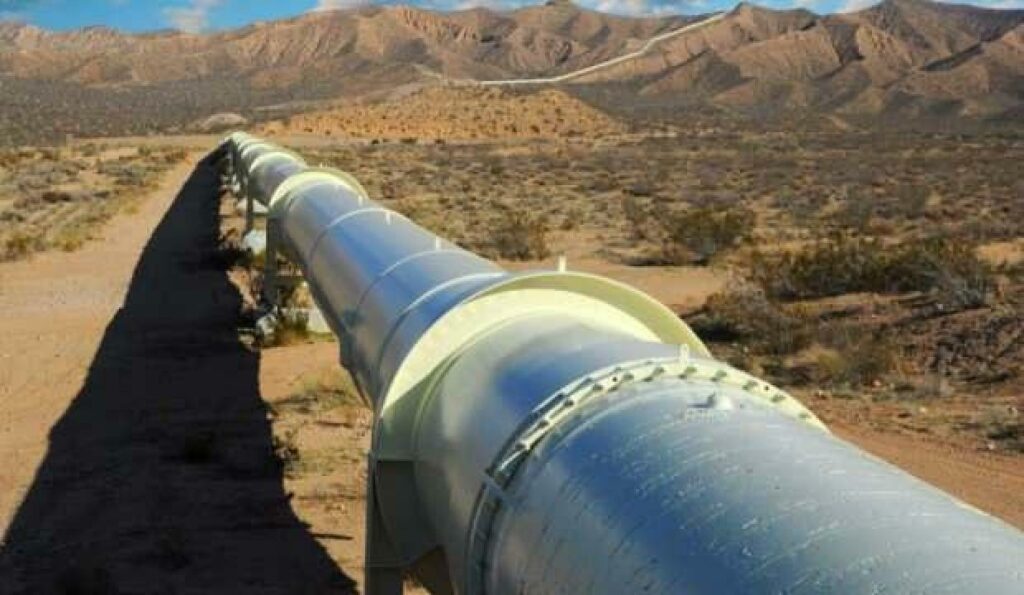The Seaviolet, an oil tanker registered in Malta, recently transported 1 million barrels of Azerbaijani crude from Turkey’s Ceyhan Port to Israel’s Eilat Port, according to a report by Bloomberg, amid deteriorating diplomatic relations between Turkey and Israel fueled by Turkish President Recep Tayyip Erdoğan’s pro-Palestinian rhetoric.
The Baku–Tbilisi–Ceyhan pipeline supplies around 40 percent of Israel’s annual oil consumption. After the damage to its primary oil dock in Ashkelon due to the Oct. 7 attack by Hamas militants, Israel received the shipment at the port of Eilat in the Red Sea, Bloomberg said.
Hamas militants staged a surprise attack on Oct. 7, during which they killed 1,400 people — mostly civilians — and seized more than 220 hostages.
Gaza’s health ministry has said Israeli strikes have killed more than 8,000 people — also mainly civilians — with more than 3,500 of them children.
Erdoğan’s Islamic-rooted party staged a massive rally in İstanbul on Saturday that the president said drew a crowd of 1.5 million people.
At the rally Erdoğan criticized Israel’s military operations in Gaza and accused the Israeli government of behaving like a “war criminal.” Last week, Erdoğan called Hamas militants “liberators” fighting for their land.
Israel responded by recalling its diplomatic staff from Turkey, putting a strain on efforts to restore political relations between the two countries.
🚨Should Erdogan Close Azerbaijan-Israel Oil Pipeline to Back Palestine?
Azerbaijan contributes 40% of Israel's oil supply, transported through Türkiye. Closing this pipeline could be a strategic move if Erdogan aims to back Palestine's cause.
Source: Iran Observer pic.twitter.com/BL53WEaySl
— Mario Nawfal (@MarioNawfal) October 29, 2023
While Erdoğan intensifies his pro-Palestinian rhetoric, he continues to enable Israel’s oil imports at a time when the Turkish public is becoming increasingly vigilant about the economic impact of their choices. Calls for boycotting Israeli products or pro-Israeli brands have gained traction, especially on social media.
The diplomatic relations between Turkey and Israel are now at risk of falling to the lows experienced in 2010, when an Israeli raid on a Turkish aid ship to Gaza resulted in 10 civilian deaths.
However, even then, Turkey did not close the pipeline, showcasing how economic interests can trump populist rhetoric.

